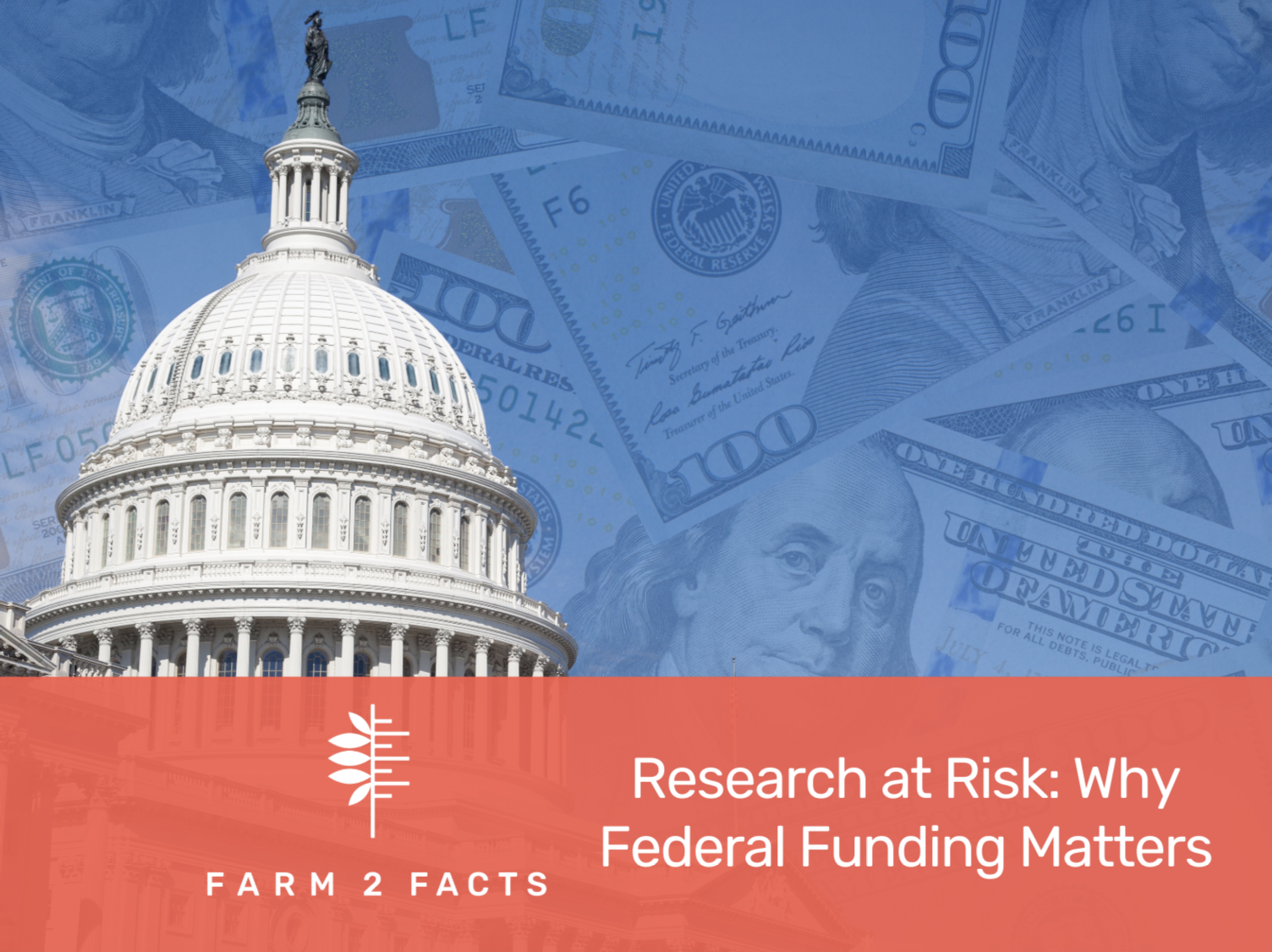
Written by Olivia Nygaard
From Research in Campus Labs to Community Impact
At the University of Wisconsin, research is more than academic, it’s a public mission. Each year, researchers across UW’s campuses tackle urgent issues that affect daily life in Wisconsin and far beyond: from food security and healthcare access to climate resilience and education equity. At the heart of these efforts lies a powerful engine: federal funding.
This funding, awarded through agencies like the National Science Foundation (NSF), National Institutes of Health (NIH), U.S. Department of Agriculture (USDA), and others, is essential not only for generating knowledge but also for translating that knowledge into action.
Why Federal Funding Matters to UW—and Wisconsin
Federally funded research is a cornerstone of the UW System’s ability to serve the public. It fuels scientific innovation, attracts top talent, trains future professionals, and supports partnerships that address local needs.
Without federal funding:
• Solutions to rural broadband, food insecurity, and climate change go underdeveloped.
• Thousands of students and early-career scientists miss out on training opportunities.
• Life-saving medical research is delayed.
• Wisconsin communities lose access to cutting-edge tools and services developed by UW research.
Federal dollars don’t stay in the lab, they move outward, empowering schools, farms, businesses, and public institutions with the knowledge, technologies, and tools to build stronger communities.
Current Research Achievements That Are Making a Difference
Food Systems and Access: Farm2Facts and the ICICLE AI Institute
Through USDA and NSF funding, UW researchers are developing tools to improve how local food systems operate. The Farm2Facts toolkit, developed at UW-Madison, helps farmers’ markets collect and report data, like sales, food assistance use, and vendor diversity, to better serve their communities.
Meanwhile, UW is a lead partner in the NSF-funded ICICLE AI Institute, which is applying artificial intelligence to food logistics. Research like this directly supports food banks, farmers, and rural grocers in making smarter decisions about how food moves from farms to tables—reducing waste and improving access.
Public Health Innovation: Mental Health, Aging, and Infectious Disease Research
UW researchers receive significant funding from the NIH to explore topics that affect the health of Wisconsin residents. One team recently developed community-centered mental health interventions tailored to underserved populations. Others are working on rural dementia care, opioid use treatment models, and long COVID recovery strategies. These projects often partner with local clinics and public health agencies, ensuring that solutions are practical, scalable, and accessible.
Climate and Environment: Clean Energy and Lake Science
With funding from the Department of Energy and the EPA, UW-Madison is leading efforts to decarbonize Wisconsin’s energy infrastructure. This includes researching more efficient solar panels, energy storage systems, and strategies to integrate renewable energy into rural utilities.
UW’s Center for Limnology, an internationally recognized research hub, continues to study the health of freshwater ecosystems in the Great Lakes and beyond. Their federally funded work informs policy on invasive species, phosphorus pollution, and climate adaptation strategies for lakes and rivers.
An Investment in Communities, an Investment in the Future
Federally funded research at the University of Wisconsin is not just about advancing knowledge—it’s about creating impact. These dollars support projects that improve health, protect the environment, grow the economy, and prepare the next generation of leaders.
UW-Madison Research Statistics
At a time when communities face complex challenges, the need for reliable, sustained federal investment in public research has never been greater. UW’s impact, from health to environment to community equity, is powered by federal investment. Cutting that support isn’t just a budget move, it’s a community setback. As federal leaders debate future research budgets, it’s critical to remember: these funds don’t just live in labs, they flow into Wisconsin’s classrooms, hospitals, farms, and homes.
Speak up for federal research funding: educate your communities, share UW success stories, and urge sustained investment in public research.
